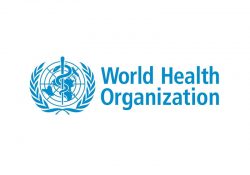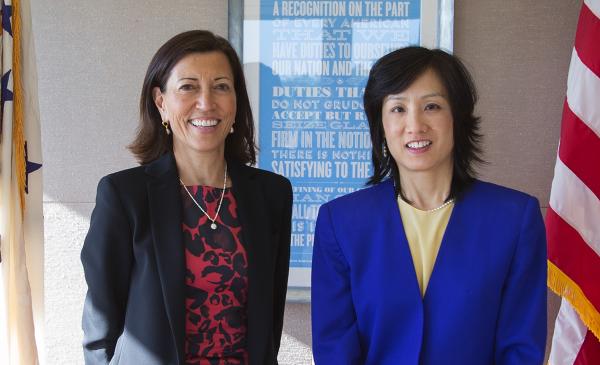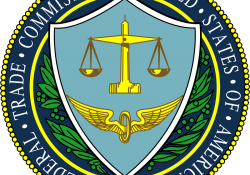EB 136 Tuesday January 28: WHO Engagement with Non-state Actors; US issues apology to the African Group
During Tuesday’s session of the WHO Executive Board, the board considered a proposal from Argentina on the table for a “Framework of Engagement with Non-state Actors.” Many states, both Board members and non-Executive Board member states, contributed to the discussion, citing the issue as a critical reform issue for the WHO. While a number of states took issue with some of the specifics of the draft proposal, for example that at current time all types of non-state actors were lumped together (i.e. Continue Reading




